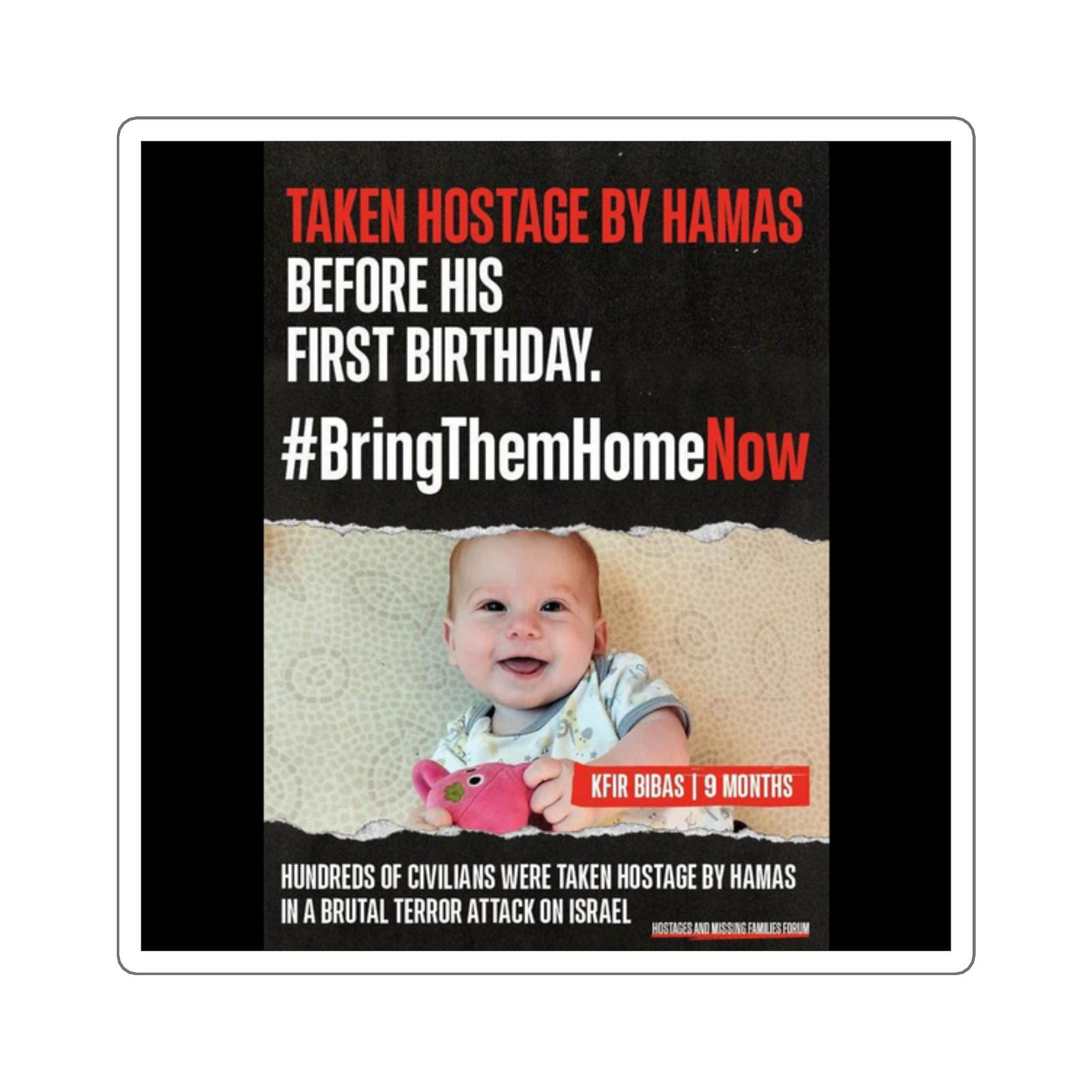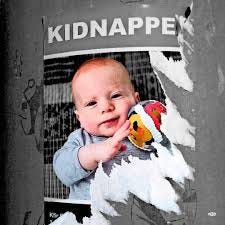Dead Kids:
A Message for the Living
(Pietá, by Michaelangelo, 1499)
Before I was a teacher, I was a tutor.
I worked with students from all of the most prestigious high schools in Los Angeles. My shiny, Orange and Black, Princeton diploma did all of my marketing for me.
In the days of Corona and afterwards, parents of means turned to tutors like me to provide their kids with the skills necessary for achieving that coveted prize of an Ivy League education.
When I began teaching in a Yeshiva, the kinds of students I taught had far different priorities and interests than those who I tutored. Those students, who were no less sharp than the students at the prestigious prep schools of Los Angeles, had no interest in going to a place like Princeton.
For them, life was not about prestige. It was about two things – learning and family.
I had begun to suspect that there was something fundamentally different about these kids from the beginning of my time there, but it was not until I was hired for one last tutoring job before I truly understood it.
One of my former students, a very bright young man who was at Harvard-Westlake, was having difficulty finishing an essay, so his parents hired me to help him finish it.
His mother told me that the difficulty was not an intellectual one – it was emotional.
Within 3 or 4 weeks, two students at Harvard-Westlake had died by suicide.
Within another 4 weeks, there would be a third.
All of the students had been given indefinite extensions on their work, but the mounting stress of unfinished assignments was growing, and this student was feeling serious anxiety.
Understandably so.
I sat with him, talking about the Cold War and helping him build a thesis, keeping our conversation as light and friendly as possible.
His anxiety was palpable, and I wanted him to feel as comfortable as possible, as I myself knew how stressful it was to deal with the suicide of classmates.
The following day, when I was teaching in the Yeshiva, I was struck by the contrast between his extreme anxiety and the deep relaxation of my students.
In the Yeshiva, kids smiled.
It was such a contrast for me that I began to explore what it was about their lives and lifestyles that gave them this ability to experience joy so freely. I began to pray with them in the afternoons, to study Talmud with them in the evenings, and to question them about their family lives, their hopes, and their aspirations.
It was this contrast that truly propelled my religious journey as I wanted to seek out what made people happy.
Two months after this encounter, a former colleague of mine from several years before had also died by suicide.
That same year, four Princetonians died by suicide.
Some might say that four students out of 5,000 is a tiny percentage, one which we should not be concerned about.
Some might say that there were plenty of other factors that caused these suicides that had nothing to do with the schools themselves.
Some might say that suicide is beyond the scope of social dynamics.
These things may all be true. But, what is most concerning, is that these are not unique events.
So many of America’s young people have been taking their lives. These are kids with their whole lives ahead of them, with endless possibilities to look forward to.
And yet, they don’t.
They are consumed by crippling anguish and dread, and an overwhelming belief that things cannot, or will not, get better.
We have made a habit of sweeping these deaths under the rug, a habit of turning a blind eye to the spiritual anguish of our youth, just as we have with the massive rise in school shootings in the past decade and a half.
It is hard to believe that Sandy Hook was 12 years ago, and the best we have done for our children is to bicker about gun laws.
Whatever your feelings about gun laws and regulations, it is clear that they are not the source of the problem.
The source of the problem is a spiritual malady at the center of American society, an emotional black hole in the center of our culture whose very gravity bends and shifts the light around it, swallowing whole whatever might be left of what might have once been called the American Community.
Now, from 6000 miles away, I can see this much more clearly.
From the outside looking in, it has become apparent that there is no American community anymore – there is only politics.
Every event in America, from natural disasters to sporting events, has become political.
There is nothing that binds American liberals and American conservatives together anymore, besides their hatred for one another.
There is no consensus about anything, no desire for mutual understanding.
There is only politics.
The quiet death of so many American young people, from suicide, school shootings, and drug overdoses, should be a concern to all – but it isn’t.
It is just one of the many political arenas in which Americans can sling mud at each other.
I write all of this in the shadow of the coffins of Kfir and Ariel Bibas, two innocent Israeli children who, with their mother, were kidnapped on October 7th, and whose bodies were just returned to Israel.
And not one non-Jewish person I know has spoken about it.
Not one.
If the kidnapping of babies does not cause moral outrage, then there is no morality at all.
Whatever once existed as an American moral code has been swallowed up by the spiritual black hole sitting in the center of the nation.
And, far worse than the deafening silence about this crime against basic human decency has been the active destruction of posters of these innocent babies.
In every American city, in every American town, posters of the innocent victims of Hamas’ brutal kidnappings were hung.
And, in every single one of those cities, people tore them down.
For five hundred and four days, I have tried to understand this behavior. I have tried to understand this cruelty. I have tried to understand this inhumanity.
And, sadly, now I think I do.
For those who have turned their souls into factories for political outrage, these posters stood as their accusers.
These posters represented a true and unfiltered look into human evil, and the beautiful faces of Kfir and Ariel Bibas stood as stark reminders that there are things that are far more important than politics.
But to realize that would mean condemning something which the politics of so many refuses to condemn – it would require condemning Palestinian terrorism.
Because these children were not kidnapped by Hamas – they were kidnapped by Palestinian “civilians” who just wanted to join in the fun.
These posters were an unfiltered portrayal of human evil and depravity.
So, for those who traded their moral souls for a type of politics that refused to condemn this evil, the posters had to go.
Like a father who casts out his illegitimate child because it reminds him of his infidelity and moral weakness, people tore down these posters because it reminded them of a trade they might not be so proud of having made.
This is the American spiritual malady. This is the corruption of the American heart. This is the most concerning thing happening in America today.
As America loses its own children, day after day, to suicidal hopeless, it refuses to condemn the massacre of innocent children around the world.
Passover is fast approaching. Soon, we will pour out a drop of wine to commemorate the death of the firstborn Egyptian children.
A plague which comes years after the massacre of the innocent Israelite babies, a massacre which no Egyptian objected to.
As we bury Kfir and Ariel Bibas, in both the ground and in our hearts, the Jewish people are painfully aware that this is not the first time that the world has stood idly by while our children were murdered.
How many more American kids will have to die before people realize that there is something wrong? How many more baby-sized coffins must be built before the world realizes what they have let happen?
How many,
How many?
How many?!
Hope can be hard in a time like this. But, for the sake of all the living children, we must try.
Because they deserve the best possible chance at life, and there is no life without hope.
And so, as always, we conclude:
Spread Love, Spread Light,
Am Yisrael Chai.
~





I am beyond rage at the news and the ghastly spectacle that Hamas has made of the Bibas family deaths.
There is no punishment great enough for these sons of the devil.
May God help me, I have no mercy or forgiveness in my heart for those who have perpetrated such evil.
I pray they repent, but if they do not, may justice be swift.
Dear Ted
Thank you. All my short life I have seen the destruction of us as people. I am very disappointed in this world of ours and smiling all around us.
Let there be light